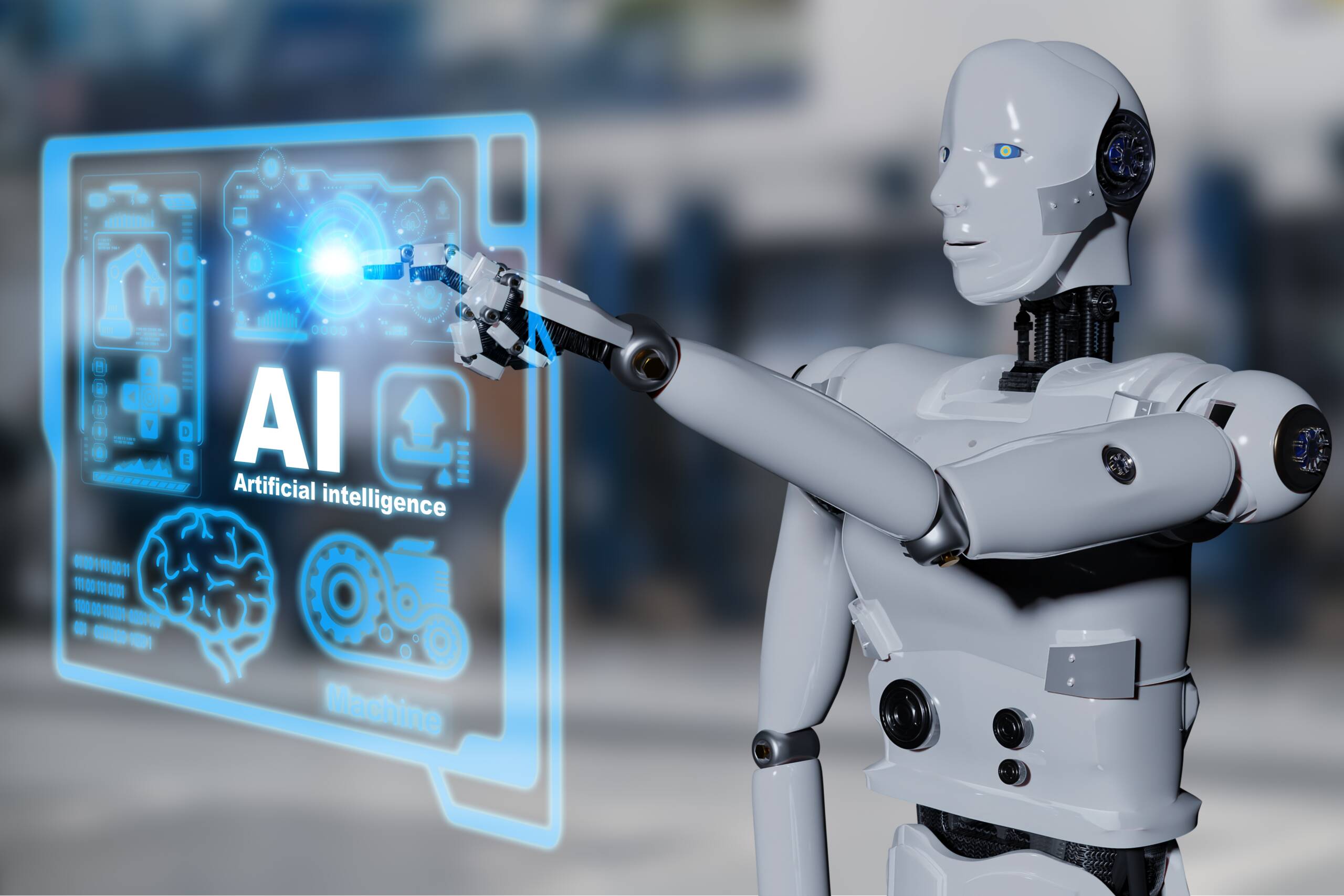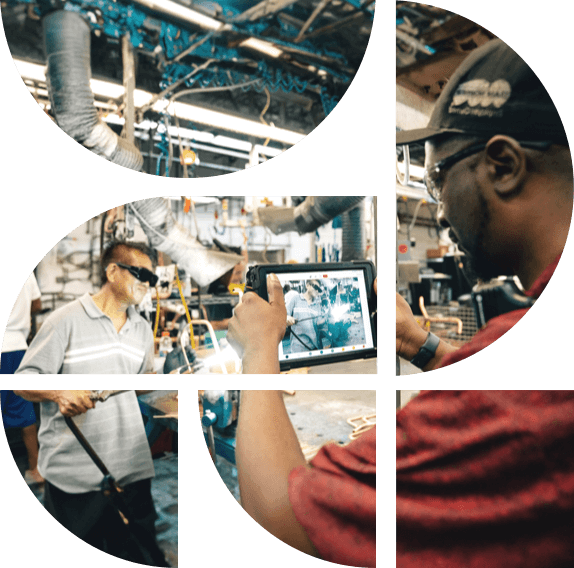Learn How 1,500+ Factories Achieved Average 26% Productivity Gains in Just 90 Days Download Report
October 5, 2023

Generative AI news is everywhere. Analysts and the media predict that the technology will boost industry revenues by enabling faster, more precise innovation and automating processes.
In a new Manufacturing.net article, ABI Research predicts that generative AI will unlock $10.5B in new revenues for the manufacturing industry by 2033.
“Generative AI has growth that will derive from functionality and use cases across market verticals. The deployment of generative AI will come in three waves as the technology matures, with manufacturing seeing the largest revenue growth during the second and third waves. During the second and third waves of adoption, generative AI will be deployed into four domains of manufacturing: design, engineering, production, and operations,” says James Iversen, Manufacturing and Industrial Industry Analyst at ABI Research.
Manufacturers are developing generative AI strategies and roadmaps, assessing their infrastructure readiness, and working with partners to deploy new capabilities.
Some of the top use cases include:
Generative AI will transform manufacturing, making it an exciting time to work in the industry. Workers will work more intuitively, get support when and where needed, and solve problems more efficiently.
Twice the Frontline Engagement: Priceless A spring in the step, a smil...

Contact us and let's begin empowering your frontline and growing your bottomline.
